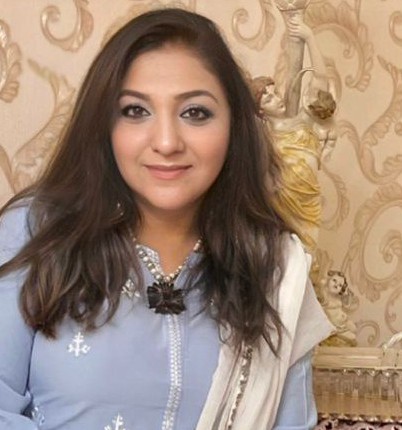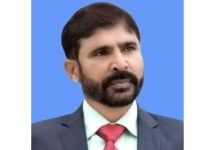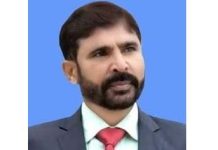Sabahat Ali
Education is a sacred trust that extends beyond the mere transmission of knowledge. Teachers bear the profound responsibility of nurturing the dignity, character, and emotional well-being of their students. This article explores the Islamic perspective on compassionate teaching, highlighting Qur’anic principles and Prophetic traditions that emphasize mercy and inclusivity. It further examines the importance of extending empathy to both young and adult learners, drawing on historical examples such as Albert Einstein, Thomas Edison, and Winston Churchill, whose early struggles in school underscore the risks of rigid pedagogy. The article argues that effective education must embrace diversity in learning capacities and temperaments, creating an environment where all students feel accepted, valued, and inspired to realize their potential.
Compassionate teaching, Islamic perspective, Qur’an, Prophetic traditions, adult education, student diversity, Albert Einstein, Thomas Edison, Winston Churchill, dignity in learning.
The image of a teacher surrounded by her students embodies an eternal principle, that education is not confined to textbooks and instruction, but is an act of compassion, patience, and responsibility. A true educator does not merely impart information; they nurture souls, foster dignity, and extend mercy to every learner, whether compliant or challenging, gifted or struggling.
This verse underscores that each learner, whether academically gifted or intellectually challenged, polite or disruptive, possesses divine honor. Thus, no student should be neglected, dismissed, or humiliated.
The Prophet Muhammad ﷺ exemplified this ethic in his dealings with others. When a Bedouin disrupted the mosque with inappropriate behavior, the Prophet ﷺ did not scold or shame him. Instead, he calmly explained the sanctity of the place, transforming the incident into a moment of gentle instruction. His conduct demonstrates that correction rooted in compassion has greater transformative power than reprimand.
He also declared: “He is not of us who does not have mercy on young children, nor honor the elderly.”
(Sunan At-Tirmidhi) Embracing Diversity in Learning :
Students bring diverse backgrounds, abilities, and temperaments into the classroom. Some are restless, others quiet; some thrive in academics, while others wrestle with foundational concepts. Their shared need, however, is to be valued, understood, and accepted.
History offers striking examples of misunderstood learners. Albert Einstein, later recognized as one of history’s greatest scientific minds, was dismissed by his teachers as slow and unruly. His unconventional thinking led to criticism, and he was even expelled from school for challenging authority.
Had his potential been judged solely by conventional standards, the world might never have benefited from his revolutionary insights. Thomas Edison, who later became one of the greatest inventors, was labeled as “difficult” and was sent home from school because his teacher considered him unteachable. Winston Churchill, who went on to lead Britain with unmatched resolve during its most difficult hour, struggled academically and faced repeated failures in school.
These examples remind us that the classroom is not the ultimate measure of genius; rather, it is the patience, encouragement, and foresight of teachers that often unlock hidden potential.
The need for empathy in education is not confined to children. Many adults re-enter learning environments burdened by insecurities, social anxiety, or the stigma of past failures. Some struggle with literacy, while others grapple with adapting to modern learning methods.
This verse reassures learners that their struggles do not define them; with patience and guidance, they can rise above their challenges.
Education, at its core, is an act of compassion. A teacher’s sacred responsibility is not only to instruct but to uplift, to see potential where others see weakness, and to nurture dignity in every learner.
Whether guiding a noisy child, a rebellious adolescent, or an anxious adult, the educator mirrors the Qur’anic principle of human honor and the Prophetic model of merciful guidance. By extending patience and love to the unlovable, the slow, and the disruptive, teachers fulfill both a social obligation and a spiritual trust.
They become not only transmitters of knowledge but also guardians of hope, shaping individuals who may one day transform the world, just as the misunderstood Einstein, Edison, and Churchill did.

















